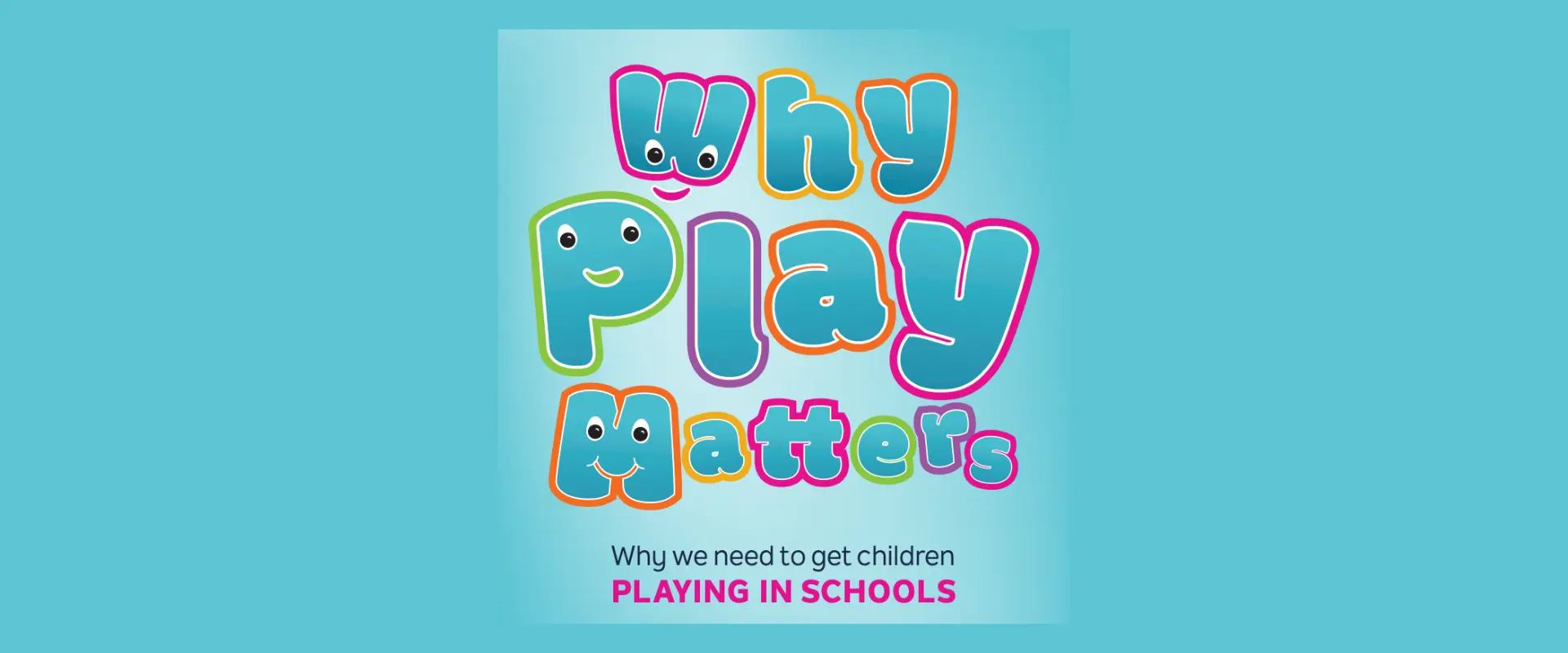Play is serious stuff. (Seriously!)
From duck-duck-goose to skipping games and everything in between, play isn’t just about blowing off steam – it’s how kids learn to get along, build confidence, bounce back from tricky moments, and yes, even become better learners.
Play: Not Just a Perk, It’s a Power-Up
Thérèse makes the case (backed by some big names in neuroscience and child development) that play is as vital as sleep or veggies. It's exercise, therapy, friendship practice, stress relief, and creative rocket fuel all rolled into one.
Sound familiar? That’s because it’s the same foundation Motional is built on. At Motional, we believe emotional wellbeing is the bedrock of learning – and play is one of the most natural ways to help kids feel safe, connected, and ready to thrive.
The Playground: more than a physical space
Think of the playground not as “free time” but as “freedom time” – the space where children:
- Practice social smarts like taking turns and solving conflicts
- Flex their creativity and curiosity
- Get a mood and brain boost (hello, endorphins!)
- Learn resilience through falling over... and laughing about it
Play builds executive function, reduces anxiety, and helps kids focus better in class. It’s like hitting the reset button – with giggles.
But… Are We Letting Kids Play Enough?
Sadly, no. As Hoyle shares, playtime in schools is shrinking. Screens are growing. And many children simply don’t know how to play anymore (they’ve never been taught!). It’s no wonder we’re seeing more playground squabbles, classroom meltdowns, and friendship fallouts.
But here’s the good news: we can bring play back – and schools are the perfect place to do it.
That’s where Motional and Positive Playtime Programmes come in. Just like we support schools in building emotional safety and wellbeing across the school, Thérèse trains teachers and lunchtime supervisors to spark inclusive, positive playgrounds full of fun and friendship. No chaos. No boredom. Just joyful, purpose-filled play.
Let’s Rethink “Breaktime”
In Finland (a country that tops global education rankings, by the way), kids get a 15-minute play break every hour. Why? Because it makes them happier and smarter.
Let’s take a page from their (play)book.
Let’s bring back skipping ropes, clapping games, tag, imagination, and belly laughs. Let’s give children the space and support to connect, regulate, and thrive – all through play.
Make playtimes fit for all
For neurodivergent children- like those with autism, ADHD, or sensory processing differences—play isn’t just helpful, it’s essential.
Unstructured play can offer exactly what their brains and bodies crave:
Sensory input: Climbing, swinging, spinning, running—these aren’t just fun, they help regulate the nervous system.
Social rehearsal: Through supported play, children can practice turn-taking, empathy, and self-advocacy in a low-stakes, joyful space.
Emotional regulation: Predictable games with clear rules help reduce anxiety, while free play offers creative outlets for self-expression.
Motional.io helps schools track and understand these needs - and play becomes a powerful strategy for inclusion. When we support neurodivergent children with structured, sensory-friendly options in the playground, everyone benefits. Inclusion doesn’t have to be complex. Sometimes it starts with a hoop, a smile, and someone saying “Want to play?”
Final Thought (and a Little Nudge 😉)
If we want children to be curious, kind, confident, and ready to learn, we need to let them play. Not just occasionally, but every day. Play is the glue that holds wellbeing and learning together.
So here’s your playful challenge:
Next time you're on playground duty, don’t just supervise… join in.
Because as George Bernard Shaw once said:
“We don’t stop playing because we grow old. We grow old because we stop playing.”
Ready to play it forward?



